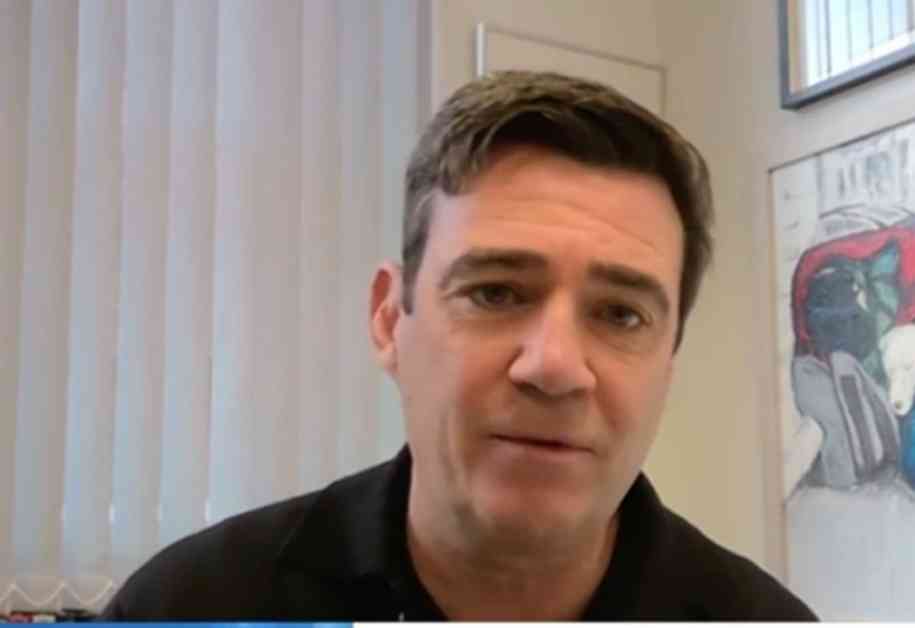The Labour mayor of Greater Manchester, Andy Burnham, has decided to go against the plans proposed by Sir Keir Starmer to increase the bus fare cap by 50 per cent. Burnham announced that the cost of a bus journey in Manchester will remain capped at £2, rejecting the proposal to raise it to £3 until the end of 2025.
In a speech in Birmingham, Sir Keir had announced the increase in the maximum bus fare as a measure to alleviate the strain on public finances. However, Burnham stated that Manchester would stick to its plan of implementing a new fare structure with a £2 single fare starting in January. He emphasized that Manchester’s decisions and progress have put them in a different position compared to other areas in England when it comes to bus funding and fares.
Outside of London, bus fares have been capped at £2 per journey, while in London, they are £1.75. The Prime Minister acknowledged the importance of affordable bus fares but criticized the previous Conservative government for only funding £2 bus fares until the end of 2024. This led to the decision to announce a £3 cap on bus fares until the end of 2025 in the upcoming Budget.
The Liberal Democrats criticized this move, calling it a “bus tax” that would negatively impact small businesses and hinder economic growth. They emphasized the importance of investing in bus services, especially in rural communities, where the availability of bus routes is crucial for economic activity.
Greenpeace also expressed disapproval of the decision, stating that it lacked political, economic, and environmental sense. They argued that the government could have made different choices without imposing a fare increase on the public.
Transport secretary Louise Haigh defended the decision, highlighting the government’s commitment to a bus revolution that aims to empower communities, improve services, and move away from decades of deregulation.
Overall, the debate surrounding the bus fare cap increase reflects the complex considerations involved in balancing public finances, economic growth, and environmental concerns. The differing opinions from various political parties and organizations underscore the challenges of making decisions that impact a wide range of stakeholders in the transportation sector.












